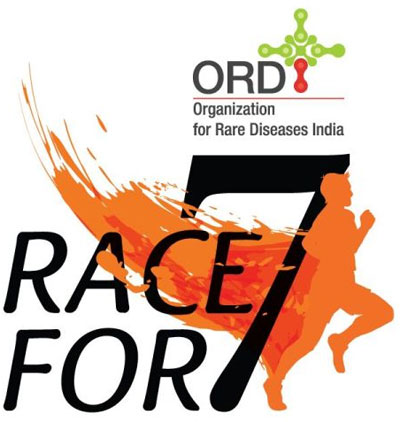What is Cystic fibrosis?
Cystic fibrosis is a genetic condition that affects multiple body systems including the lungs and pancreas, causing the most common symptoms of frequent lung infections and digestive problems, diarrhea and failure to gain weight. Cystic fibrosis also affects other organs such as the liver, nose and sinuses and sweat glands.
The basic problem in Cystic Fibrosis is an alteration in the handling of body salts (primarily sodium and chloride), which results in symptoms according to the organs involved. In the lungs, there is formation of thick and sticky mucus which clogs the airways and traps germs, leading to repeated lung infections, inflammation and ultimately respiratory failure. Due to thick secretions in the liver and pancreas, digestion of fat and vitamins is affected and there is diarrhea with failure to gain weight. There is also excessive loss of salt in sweat with the risk of dehydration in summer. As they grow older people with Cystic Fibrosis are also at increased risk for insulin dependent Diabetes..
As there are many genetic variations in Cystic Fibrosis, people with CF can have any one or a variety of symptoms, which makes recognition and diagnosis difficult. Symptoms may include:
- Very salty-tasting skin in babies or children
- Wet cough starting in early infancy which is persistent and prolonged
- Frequent lung or sinus infections including pneumonia or bronchitis
- Wheezing or shortness of breath
- Prolonged diarrhea or frequent greasy, bulky stools
- Poor growth and failure to gain weight
- Male infertility
Diagnosis
Cystic fibrosis is diagnosed by a sweat test (increased chloride loss in sweat) and genetic testing. It is caused due to mutations in the CFTR gene.
Role of Genetics
Cystic fibrosis is a genetic disorder. The human body is made up of billions of building blocks called cells. Inside each cell, there is genetic material that stores the information needed for us to grow and develop. The genetic material is condensed to form structures called chromosomes. Each cell normally contains 46 chromosomes (23 pairs). Each chromosome carries thousands of genes arranged one after another on chromosomes. We get one chromosome from each of our parents and pass them on to our children. An autosomal recessive condition, such as Cystic Fibrosis is caused when each parent passes one defective copy of the CFTR gene to their child.
As Cystic Fibrosis is an autosomal recessive condition, the presence of 2 mutations on genetic testing confirms the diagnosis. If a person has only one mutation, then he/she is a carrier for Cystic Fibrosis.
As there are more than 3000 known mutations that can cause Cystic Fibrosis, there is a variety of ways and symptoms that patients can present. Hence a high degree of suspicion based on presenting symptoms is essential to screen for Cystic Fibrosis, so that early diagnosis and treatment can delay complications and allow the child to lead a healthy life.
Management
The standard of care for children and adults with Cystic Fibrosis is a multidisciplinary team approach to maintain optimal health. Ideally, the Cystic Fibrosis team includes a Pediatric Pulmonologist, Pediatric Gastroenterologist, Nutritionist, Respiratory therapist, Pediatric Endocrinologist and Social Worker.
The type and severity of CF symptoms can differ from person to person, due to the variation in disease severity according to the gene mutations that are present. However for all patients, the priority is ideal weight gain and maintaining lung health. This includes regular physiotherapy for airway clearance, inhalers or nebulization on a daily basis, treatment of respiratory infections, pancreatic enzyme replacement therapy (PERT), nutritional support and regular monitoring with clinic visits and evaluation by the multidisciplinary team. These measures will ensure that a child leads a full active life, participating in school and sports and increases survival. In the Western population, early diagnosis and treatment of Cystic Fibrosis has been shown to preserve lung health and has led to improved survival until the 4th decade of life.
Recently, the introduction of precision medicine in Cystic Fibrosis targeting the CFTR abnormality at the cell level, has led to dramatic improvement in Cystic Fibrosis patients aged 12 years and above. At present these drugs are very expensive and not available in India but offer a ray of hope for the future. Research is ongoing to search for a cure using gene therapy.



